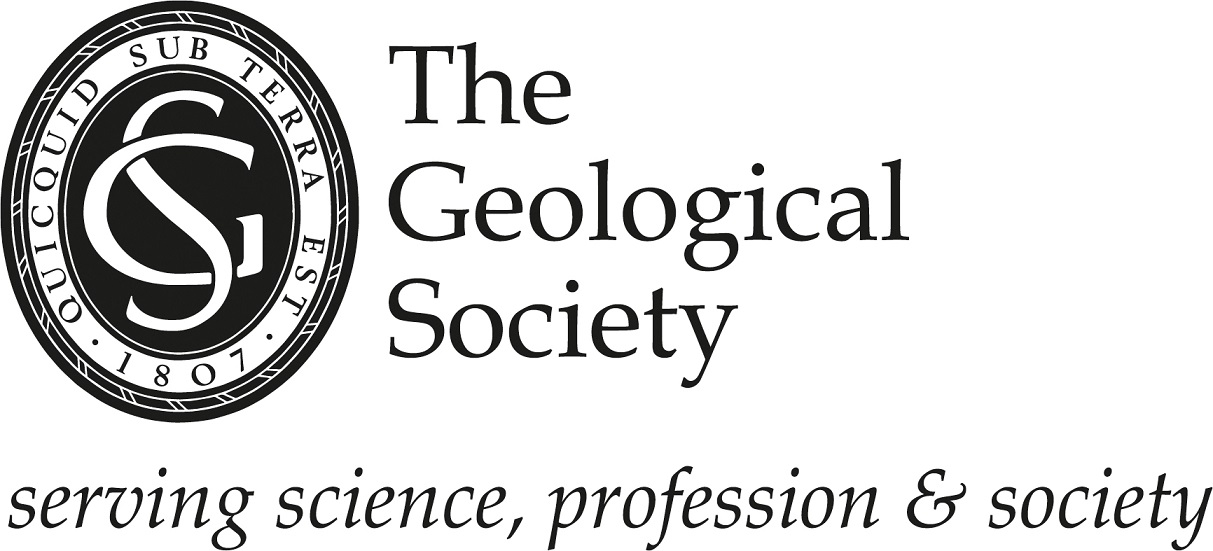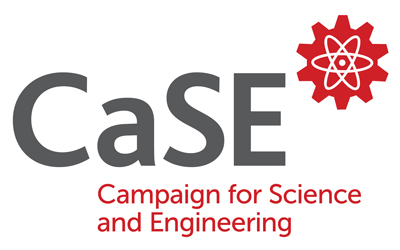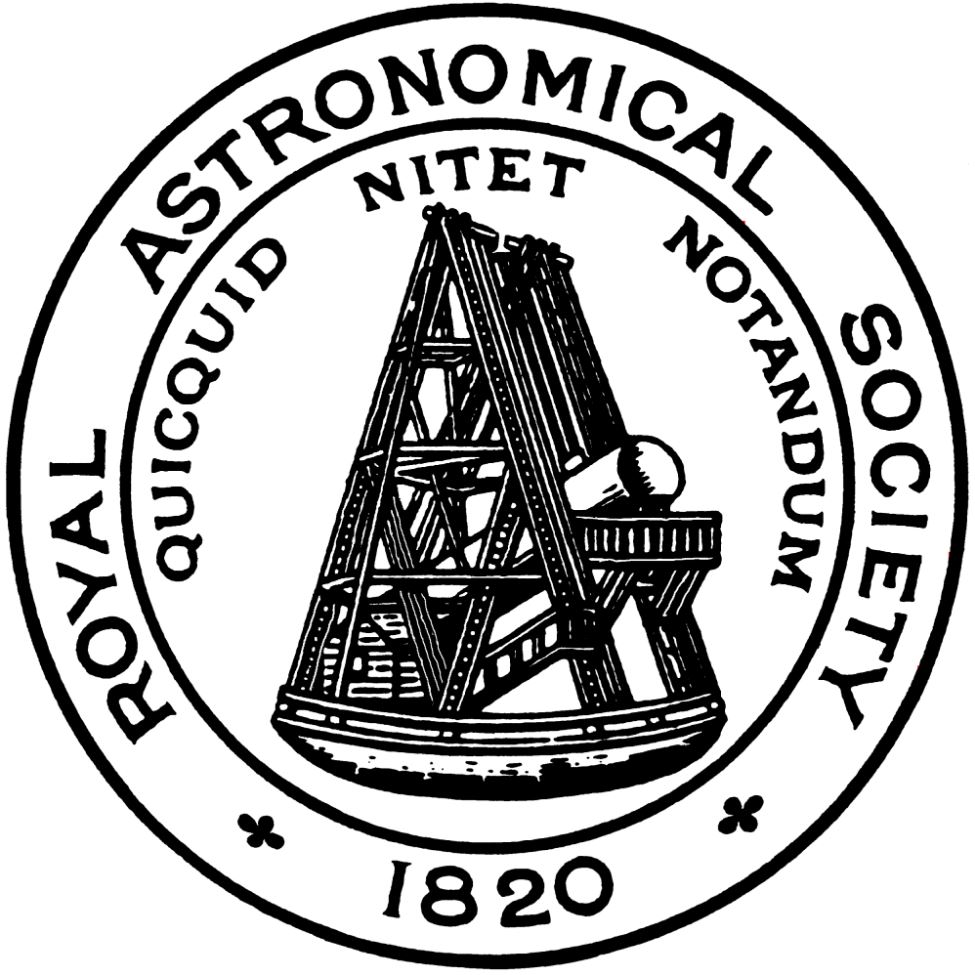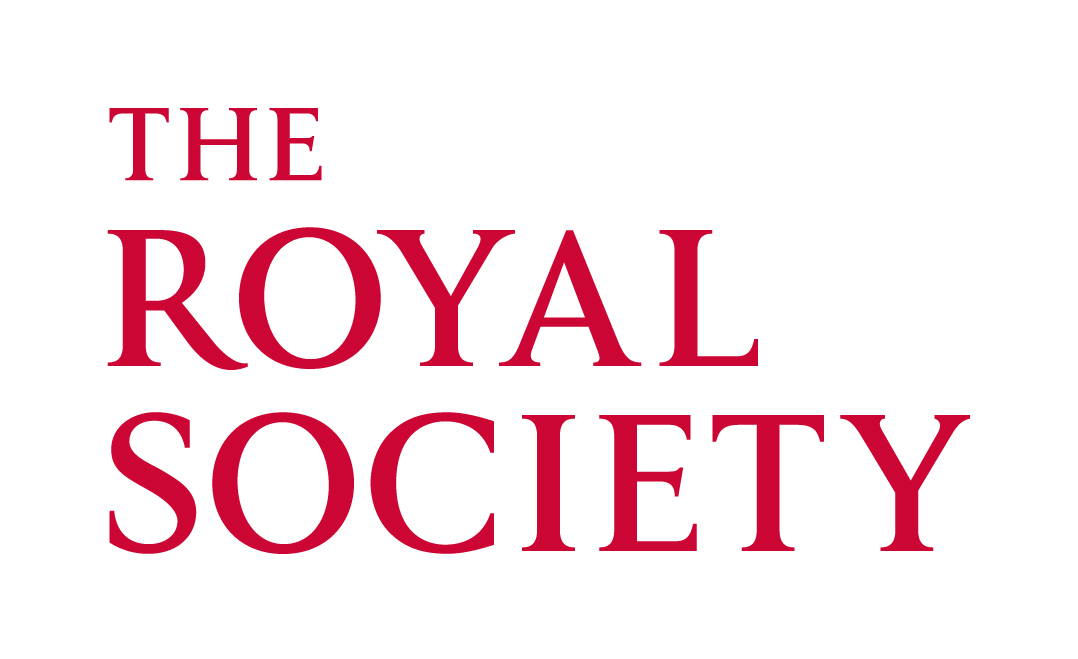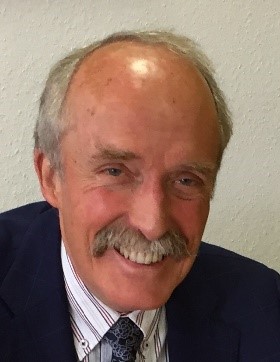 David Cole Hamilton, University of St. Andrews, United Kingdom
David Cole Hamilton, University of St. Andrews, United Kingdom
David Cole-Hamilton is Vice-President of the European Chemical Society (EuChemS) having been President from 2013-7. On behalf of EuChemS he has led a team developing a new version of the Periodic Table highlighting element availability and vulnerability as well as which elements can come from conflict minerals and which appear in smart phones.
Following degrees (BSc and PhD) at Edinburgh University, David worked with Nobel Laureate, Sir Geoffrey Wilkinson at Imperial College, where he developed a strong interest in organometallic chemistry and especially homogeneous catalysis. He moved to Liverpool University (Lecturer and Senior Lecturer) then the University of St. Andrews in 1985 (Professor of Chemistry, Emeritus in 2014).
He has won a number of prizes from the Royal Society of Chemistry as well as 5 prizes for teaching. In 2017 he was awarded the Alwin Mittasch Prize of the German Catalysis Society and was made a Foreign Member of the Russian Academy of Natural Sciences.
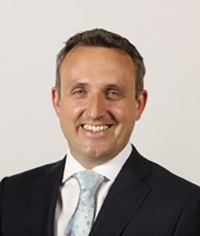 Alex Cole-Hamilton MSP, Edinburgh Western and the Liberal Democrat Health Spokesman, United Kingdom
Alex Cole-Hamilton MSP, Edinburgh Western and the Liberal Democrat Health Spokesman, United Kingdom
Alex Cole-Hamilton is the MSP for Edinburgh Western and the Liberal Democrat Health Spokesman. Prior to becoming an MSP in 2016, Alex worked as a children’s charity worker, helping to bring about new laws allowing looked after children to stay in care up to the age of 21, receiving several national awards in recognition of this achievement. In the Scottish Parliament, he is passionate about keeping mental health, older people, families and social justice at the top of the political agenda. Alex lives in Edinburgh with his wife Gill and their 3 children.
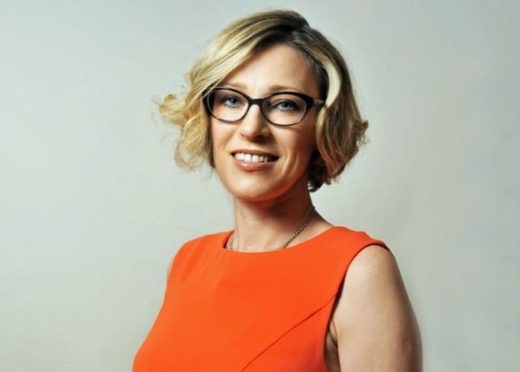 Gillian Martin MSP, Aberdeenshire East , United Kingdom
Gillian Martin MSP, Aberdeenshire East , United Kingdom
Gillian Martin was elected as a Member of the Scottish Parliament to represent Aberdeenshire East in 2016 after becoming involved previously in the independence campaign and Women for Independence. In her first two years as an MSP, Gillian was a member of the Education Committee and Economy Committee where she took part in vital work looking at the gender pay gap. Gillian was the first of the 2016 intake to pass a Members Bill; her Safety on School Transport Bill which ensures seatbelts are available on all school buses. In September 2018, Gillian was appointed as the Convener of the Environment, Climate Change and Land Reform Committee which has been leading on the Climate Change Bill. Prior to her role as an MSP, Gillian lectured in Television Production at North East Scotland College and ran her own video production company.
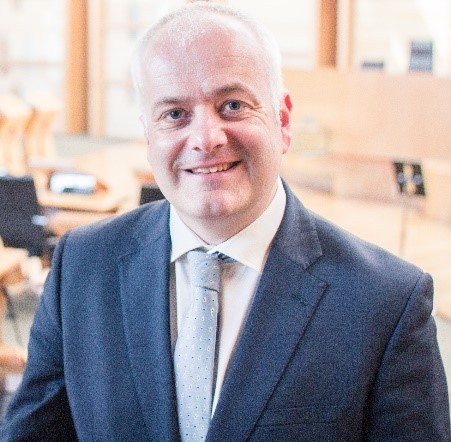 Mark Ruskell MSP, Mid Scotland and Fife , United Kingdom
Mark Ruskell MSP, Mid Scotland and Fife , United Kingdom
Mark Ruskell was re-elected as an MSP in May 2016, having served as an MSP for Mid Scotland and Fife between 2003 and 2007. During this time, he sat on the environment committee and introduced legislative proposals on climate targets and GM crops. In this session he is a member of the Environment, Climate Change and Land Reform committee. Mark recently launched a member’s bill on reducing speed limits across Scotland that achieved significant NGO and charity support but ultimately did not pass the parliament.
Mark was elected as the first ever Green councillor for Stirling in the 2012 local council elections and served until 2017. Mark did not seek re-election to Stirling Council following his success at Holyrood in 2016. Outside of politics Mark has managed community development projects, worked in the renewables sector and for conservation bodies in Scotland. He lives near Doune with his young family.
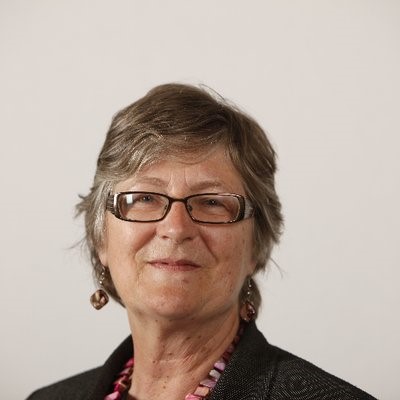 Claudia Beamish MSP, South Scotland , United Kingdom
Claudia Beamish MSP, South Scotland , United Kingdom
Claudia Beamish has been the MSP for South Scotland since 2011. She is the Scottish Labour Spokesperson for Climate Change, Environment, and Land Reform, and sits on the Scottish Parliament committee of the same title. Claudia is committing to fighting for climate justice, through a just transition to a net zero emissions for Scotland and better recognition of our global emissions responsibility. In her portfolio, she is also passionate about land justice, marine protection, and bettering uptake of active travel. Claudia's other Parliamentary interests include women's issues, rural challenges, Palestine and mental health support.
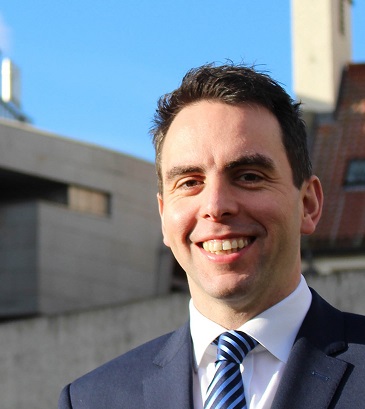 Maurice Golden MSP, Shadow Cabinet Secretary, United Kingdom
Maurice Golden MSP, Shadow Cabinet Secretary, United Kingdom
Member of the Scottish Parliament for the Scottish Conservatives since May 2016. I serve as the Scottish Conservative and Unionist Chief Whip and Shadow Cabinet Secretary for the Environment and Climate Change and Land Reform. Previously, I held the position of Deputy Convenor of the Environment, Climate Change and Land Reform Committee.
Prior to being elected, I led the Circular Economy Programme for Zero Waste Scotland having joined the organisation in 2011. I have fifteen years’ experience working in the waste and energy sectors and am a Chartered Waste Manager and approved CIWM Waste Smart Trainer for the UK.
I am a fellow of the Royal Society for the encouragement of Arts, Manufactures and Commerce in recognition of a number of studies I have led to promote design in Scotland.
My recent portfolio paper sets the Scottish Conservative vision to provide local leadership for our global challenge to tackle climate change and build a circular economy
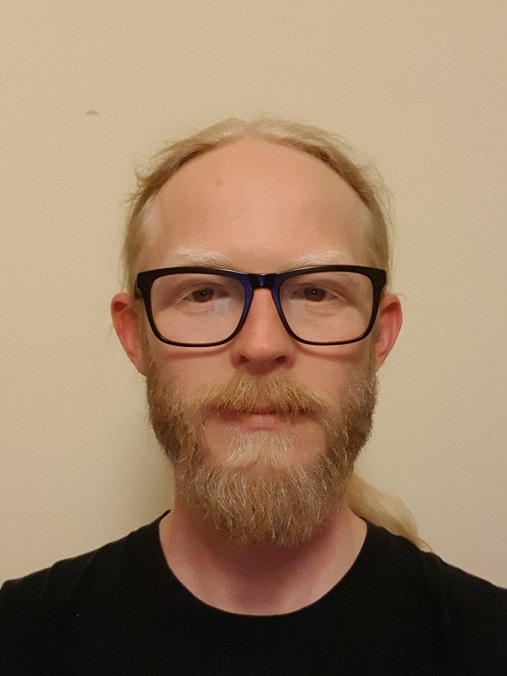 Rhys Charles, Circular Economy Research and Innovation Group (CERIG), United Kingdom
Rhys Charles, Circular Economy Research and Innovation Group (CERIG), United Kingdom
Rhys has a background in chemistry, materials engineering and waste management. He is a named researcher on the EPSRC funded ACCEPTED project which aims to create printable PV with optimised lifecycles for circular economy and secondary raw materials, remanufacturing and recycling processes to facilitate this. He is co-opted to the RSC ESED Council to co-ordinate division ‘Future Wastes’ activities to mitigate materials criticality for emerging technologies. His research has investigated methods to increase CRM recovery from WEEE for retention within a circular economy; and development of circular strategies for solar systems for rural Sub-Saharan Africa in collaboration with the University of KwaZulu-Natal (UKZN). Rhys worked in waste management for local government and is a member of the Circular Economy Research and Innovation Group (CERIG) for Wales. Rhys’ EngD was conducted in industry investigating CRM recovery and exploitation of WEEE for circular economy, and included WRAP’s ‘Critical Materials Recovery – Wales’ trial
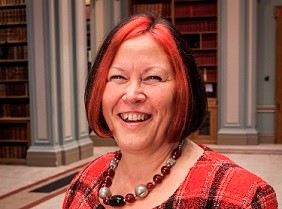 Lesley Yellowlees, University of Edinburgh, United Kingdom
Lesley Yellowlees, University of Edinburgh, United Kingdom
Lesley Yellowlees completed both her BSc in Chemical Physics and her PhD in Inorganic Electrochemistry at the University of Edinburgh. After completing research positions in Brisbane, Australia and Glasgow she returned to an academic position in Edinburgh in 1986 and gained a personal chair in Inorganic Electrochemistry in 2005. Her research interests are inorganic electrochemistry, renewable energy, public engagement of science and promoting women in science. Lesley was Head of the School of Chemistry and then Vice Principal and Head of the College of Science and Engineering at the University of Edinburgh, retiring in 2017. She was President of the Royal Society of Chemistry from 2012-14, their first woman president in 175 years. She currently sits on the Court of Edinburgh Napier University and on the SFC Board and chairs their Research and Knowledge Exchange Committee. She was awarded an MBE in 2005 for services to science, a CBE for services to Chemistry in 2014 and elected as a Fellow of the Royal Society of Edinburgh in 2012.
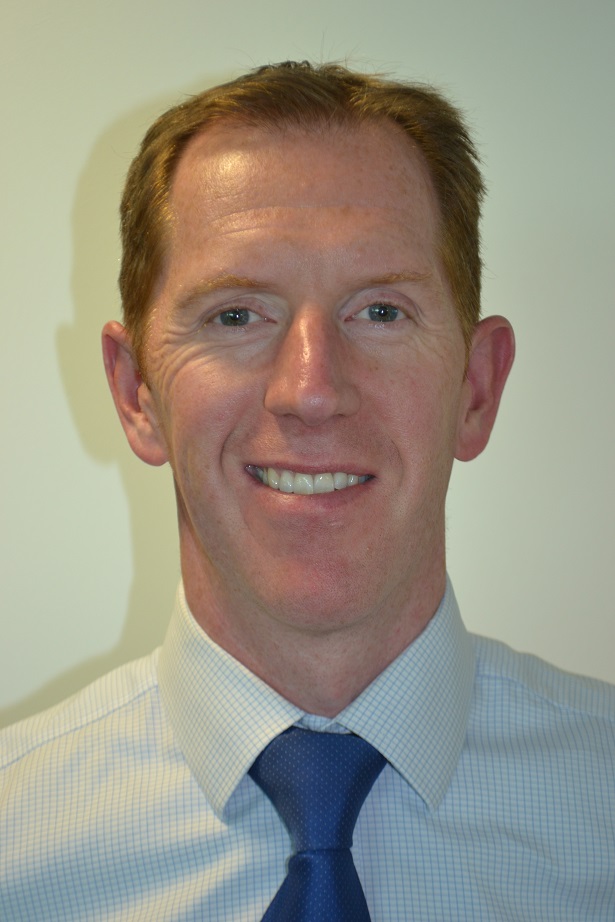 Ian Menzies, Education Scotland, United Kingdom
Ian Menzies, Education Scotland, United Kingdom
Ian Menzies is a Senior Education Officer within Education Scotland and has lead responsibility for the science curriculum and Learning for Sustainability. Within Education Scotland, he also leads on the implementation of the national STEM Education and Training Strategy and has oversight of the Raising Aspirations in Science Education Programme and the Improving Gender Balance and Equalities programme. Ian supports the work of the eight Regional STEM Advisors who work in close partnership with local authorities and the regional improvement collaboratives.
Before joining Education Scotland Ian taught Physics and Maths in Zambia, Malawi and Scotland and was the Schools Education Officer for SCIAF, the Scottish Aid agency.
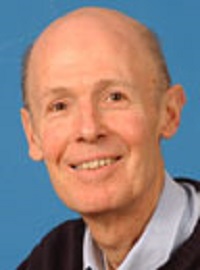 Colin Graham, University of Edinburgh, United Kingdom
Colin Graham, University of Edinburgh, United Kingdom
Colin was Professor of Experimental Geochemistry at Edinburgh University until 2012, working on the application of experimental and micro-analytical techniques to the study of solid-fluid interactions in the Earth’s crust. He was elected as a Fellow of the RSE in 1992. He has worked for 20 years to develop the understanding of the Earth, its environment and resources in school curricula, founding the Scottish Earth Science Education Forum in 2000. He contributed to the development of science outcomes in Curriculum for Excellence and the SQA qualifications (Environmental Science), and served on the Higher Order Skills Excellence Group and the Science and Engineering Education Advisory Group. He has worked on the development and implementation of interdisciplinary learning across the curriculum as a member of the RSE Education Committee, the STEM Education Committee and the Learned Societies Group for STEM Education, and led the organization of the RSE’s 2019 conference on Interdisciplinary Learning.
 Margaret MacLean MBE, University of Strathclyde, United Kingdom
Margaret MacLean MBE, University of Strathclyde, United Kingdom
Mandy MacLean completed both her BSc and PhD in Pharmacology at the University of Edinburgh. Previous research positions have been at Syntex Pharma, The Universities of Florida, Cambridge UK and Glasgow. As a Distinguished Professor of Pulmonary Pharmacology at The University of Strathclyde, her research focuses on pulmonary arterial hypertension. In 2013 she was elected as a Fellow of the RSE and is now a Trustee of Council and Vice-President of the RSE (Life Sciences). Mandy received an MBE in 2010 for her career and public engagement activities. In 2018 she was made a Fellow of the Academy of Medical Sciences and was appointed the Scottish Champion for the Academy of Medical Sciences. She has won several research awards including the 2017 Reynold Spector Award for Clinical Pharmacology from ASPET, a Royal Society Wolfson Research Merit Award, a Royal Society Leverhulme Trust Senior Research Fellowship the British Pharmacological Society AstraZeneca Prize for Women in Pharmacology
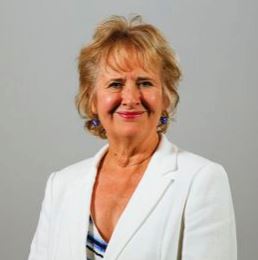 Roseanna Cunningham MSP, Cabinet Secretary, United Kingdom
Roseanna Cunningham MSP, Cabinet Secretary, United Kingdom
Roseanna Cunningham was appointed Cabinet Secretary for Environment, Climate Change and Land Reform in May 2016.
Roseanna Cunningham was born in Glasgow in 1951 but spent most of her early years in Edinburgh and East Lothian. In 1960, she travelled to Australia with her family and subsequently completed her schooling in Fremantle, Western Australia and obtained her first university degree from University of Western Australia.
She became interested in politics while still a teenager and in fact first joined the SNP in 1969 as an overseas member.
Ms Cunningham returned to Scotland in 1976 and, within only a few months of her arrival, was working full time at SNP HQ, while also being involved in branch and constituency politics in Edinburgh.
In 1980, she returned to university in Edinburgh and obtained a Law Degree followed by a Diploma in Legal Practice from Aberdeen University. From her graduation in 1983 to 1988, she worked as a solicitor in local government. After a brief period in private practice, she became a member of the Faculty of Advocates.
She was elected to the House of Commons in the Perth and Kinross by-election in 1995, was re-elected in 1997 and subsequently stood successfully for the Scottish Parliament in 1999. She stood down from Westminster in 2001.
Ms Cunningham held a number of local and national offices in the SNP, including Deputy Leader from 2000-2004.
She has remained a member of the Scottish Parliament from 1999 to present and has been a Committee Convener for the Justice Committee, the Health Committee and the Rural Affairs and Environment Committee. She became Minister for the Environment in 2009 and Cabinet Secretary for Fair Work, Skills and Training in November 2014.
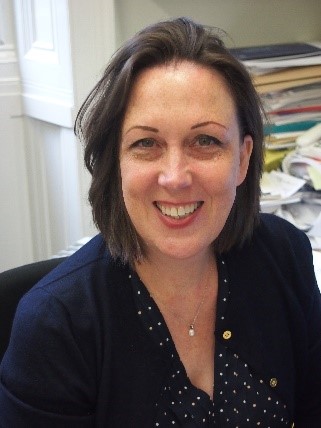 Sheila Rowan, Chief Scientific Adviser for Scotland, United Kingdom
Sheila Rowan, Chief Scientific Adviser for Scotland, United Kingdom
Professor Sheila Rowan was appointed Chief Scientific Adviser (CSA) for Scotland in June 2016.
This is a part-time position within the Scottish Government. Sheila also remains Director of the Institute for Gravitational Research, University of Glasgow, a position she has held since 2009. She received an MBE in 2011.
As CSA Scotland, Sheila champions the use of science to inform policy development. She works closely with the Scottish Science Advisory Council, of which she is an ex officio member, to help ensure that the Scottish Government has access to the best scientific advice to inform its work across all policy areas.
The CSA is also a keen advocate – across Scotland and further afield – of our world-leading science base, and its potential to benefit our economy, people and environment.
Sheila’s research is targeted at developing optical materials for use in gravitational wave detectors, and her recent work has been a crucial part of the Advanced LIGO upgrades, carried out between 2010 and 2015, that contributed to one of the most significant scientific breakthroughs of this century: the first detection of gravitational waves announced in February 2016. This resulted in a share of the 2016 Special Breakthrough Prize in Fundamental Physics for her and the members of her team in Glasgow.
Sheila was elected a Fellow of The Royal Society in 2018. She is the President-elect of the Institute of Physics and is Chair of Natural Philosophy at the University of Glasgow.
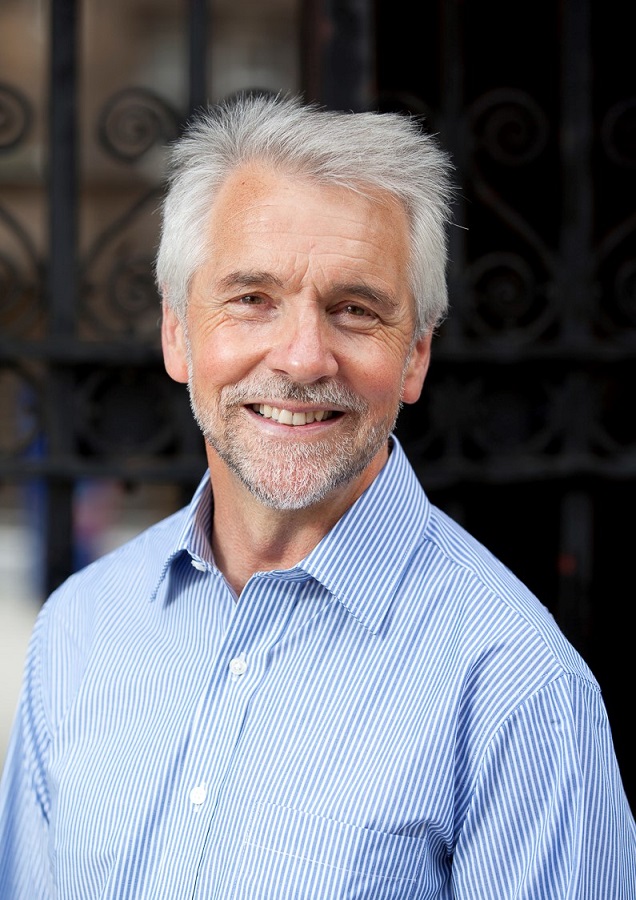 Peter Higgins, University of Edinburgh, United Kingdom
Peter Higgins, University of Edinburgh, United Kingdom
Peter’s early career was as an environmental scientist and freshwater and fisheries biologist, before training to teach Biology and Outdoor Education. He is currently Professor of Outdoor Environmental and Sustainability Education at the University of Edinburgh. He teaches extensively and conducts research on the relationship between these fields with a focus on learning for sustainability. He is Director of the Global Environment and Society Academy, and the United Nations University Regional Centre of Expertise in ESD (Scotland). Since 1999 he has advised the Scottish Government on his fields, and chaired the Ministerial Learning for Sustainability Advisory and Implementation Groups (2011-2016). He is the Scottish representative on a related UNESCO programme, an Expert Advisor to the UK Commission for UNESCO, and has supported education and policy developments in a several other countries. He is a Fellow of the Royal Geographical Society, Principal Fellow of the Higher Education Academy and a Trustee of the Field Studies Council. He was recently awarded the University’s highest award for teaching, the Chancellor’s Award.
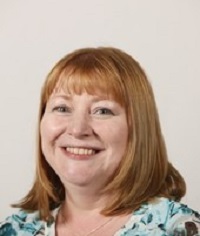 Clare Adamson MSP, Convenor of the Education and Skills Committee, United Kingdom
Clare Adamson MSP, Convenor of the Education and Skills Committee, United Kingdom
Clare Adamson is the MSP for Motherwell & Wishaw and Convenor of the Education and Skills Committee at the Scottish Parliament. Clare also convenes the Cross Party Group on Accident Prevention and Safety Awareness; and the Cross Party Group on Science and Technology.
Clare is passionate about education and STEM subjects; particularly women’s representation in these sectors.
Clare was born in Motherwell and raised in Wishaw. She studied Computer Information Systems at Glasgow Caledonian University, graduating with a BSc (with distinction), before entering the IT industry where she latterly worked as a European Development Manager at a Glasgow document management firm.
Clare worked at SNP HQ between 2003 – 2007; leading the development of the SNP’s ‘Activate’ campaign tool as Project Manager. In 2007, Clare was elected to North Lanarkshire Council to represent Wishaw. Clare was then elected to represent Central Scotland at the Scottish Parliament in 2011 before becoming the first ever SNP MSP for Motherwell & Wishaw in 2016.



















